Imaging Cultural Chauvinism
Gary Hill
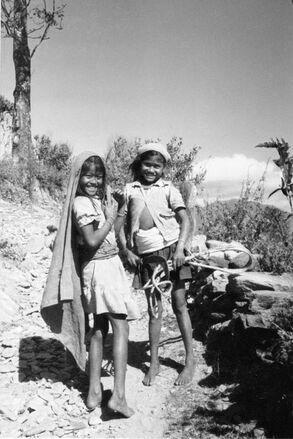
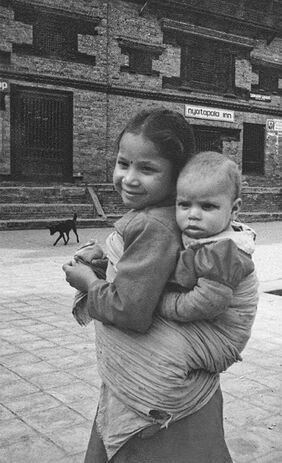
A child approaching and saying "une photographie pour un dinar?", or something very similar, is a commonly heard phrase in developing countries. So I take some photographs and hand over a few dinars or dirhams or rupees. But by doing so, I’m well aware that I've opened an ethical can of worms. If not in my own mind, at least in the eyes of other photographers. Several decades ago, many children off the beaten track in North Africa would ask photographers for a stylo or bon-bon and would actually be surprised and delighted if you gave them money. They would be touting for no more than small gifts, sweets or mere trinkets, and the look of joy on their faces when we all gave them some coins! Nowadays, however, cash seems to be their sole currency.
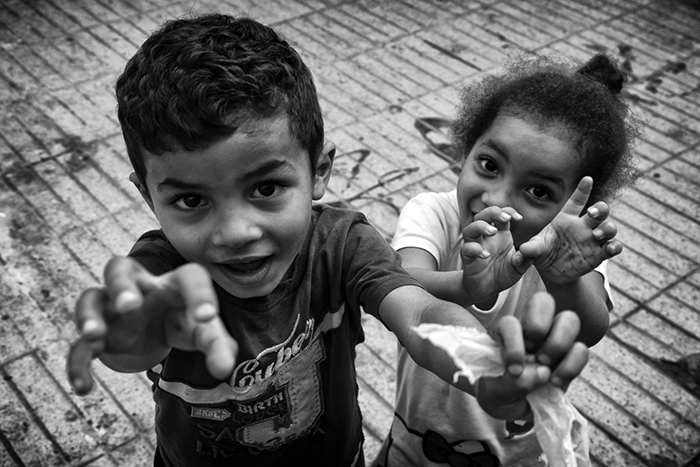
The problem is this: On the one hand, we have an opportunity to photograph some aspect of local culture not explicitly intended by conventional mass tourism. You don't see ordinary kids in the street asking for photographs in the glossy brochures and TV ads advertising places in developing countries as holiday destinations. No, you get what the local authorities want you see, i.e., their cultural confectionary. And many people are happy with just that. I'm not, I want to see their culture more broadly, warts and all. On the other hand, giving money (or even sweets) to children in developing countries is said to encourage them to beg and to view foreign tourists as little more than cash cows. In some of the cities and larger towns that see many tourists, children may even quit school for what they see as a potentially lucrative career hustling tourists. This is a real dilemma for me because I value education very highly, both for its own sake and for its undoubted ability to lift whole generations from the economic and cultural dead ends of menial jobs, early marriage and childbearing, often fuelled by worldviews based largely on superstition.
But is it fair to blame tourism entirely for this situation? I would argue not. Many developing countries already have thousands of children from poor families skipping school to do menial work, regardless of whether there are tourists with cameras wandering the street or not. You only have to go outside the main towns on a school day to see young kids sewing carpets with their tiny hands, or lugging cartloads of cloth or looking after the family goats. For some of these kids, hustling tourists is undoubtedly more financially beneficial for themselves and their families than either staying at school or doing menial work and they'd often struggle to survive without it. This was their economic and social reality before I came along. And they certainly aren't going to stay in school because some visiting Johnny Foreigner thinks they should.
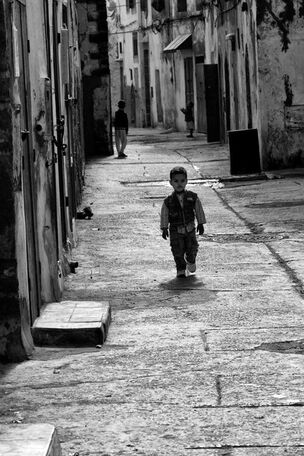
A common complaint is that photographing children in developing countries is akin to treating them as if they are in a zoo. Again, I disagree. An animal in a zoo has been removed from its native habitat. Whether living in a Nepalese mountain community, or a remote Saharan desert village, or a back alley in a medina, these children are nowhere else but in their native habitat. And my presence doesn’t change that. If you go around taking photographs within another culture but stop yourself taking photographs of local children, are you really capturing the local culture? What culture has no children? Even in those cultures where women are encouraged or ordered to stay indoors their children are in plain sight. And what culture has no children who like to be photographed? I’ve yet to encounter one, even when the adults themselves are reticent. What culture has no children who like to receive small gifts? The real difference for me is not whether I should capture their image or not, it’s recognising which children want to be photographed for the sheer fun of it and which want to be photographed to make a quick buck.
Some photographers have devised an ethic that reasons if you wouldn't photograph a child who wasn’t a personal acquaintance of yours in your own country, then you shouldn't do it an another country. And you certainly shouldn't put the images on a website, despite the fact that they happily partake in 'phlogging' on Facebook and other social media, awash with photographs of their own children and their friends who similarly haven't given consent to their daily lives being so publicly exhibited and archived for posterity. So the problem I have with this view is that it seems to be inherently one of a sense of entitlement; a chauvinistic attitude, best locked in the hotel safe along with all their other precious things. It's basically the attitude that the 'superior' interpersonal ethics devised and sometimes legally implemented in our own more 'developed' societies should be foisted on other societies. And make no mistake, when children are following you around a maze-like medina repeatedly badgering you for a photograph, and you refuse to go along with their game, foisting your ethics on the people of another culture is exactly what you're doing. Are they really such unsophisticated yokels that they don't realise that the image might end up on a website? How patronising of you. Having visited many developing countries over four decades, not once have I had a parent, or any adult for that matter, complain when I've photographed a child and then given them a few coins.
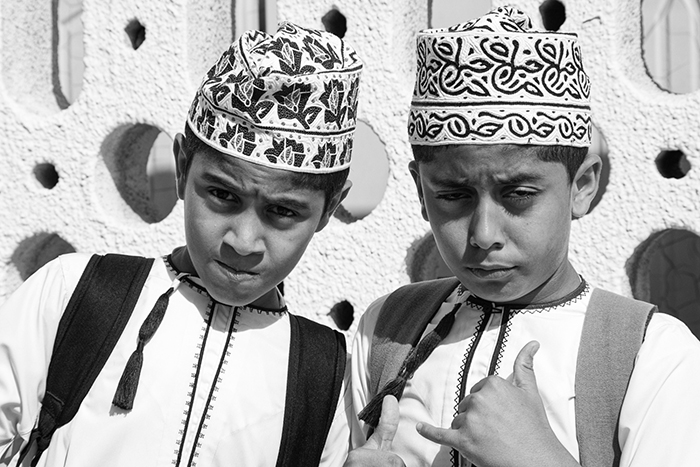
So I don't automatically buy into this righteous indignation. Instead, I try to treat the local kids as equals. I don't walk around aloof and po-faced, and believe me, that exactly what some photographers look like when confronted by budding street entrepreneurs. On the contrary, I smile when they jovially call me 'grandfather' and rub their faces as if they have a beard. I happily join in their game. If they ask me to photograph them I do, even if I don't particularly want the photo. I always make sure I have a pocket full of coins and usually offer them afterwards. I show them the image. Maybe zoom in and watch them laugh at the close-up of the pimple on their nose. But, importantly, I only do this if they instigate it. I let them control the situation because it's their territory, their game and their rules. I never ask them to pose or feign emotion, or otherwise influence them. I just let them do their thing and be real. Whatever the reality they choose to portray. And I always make sure to thank them in their own language. For often, they have given me far more than I have given them, even if they don't yet realise it.
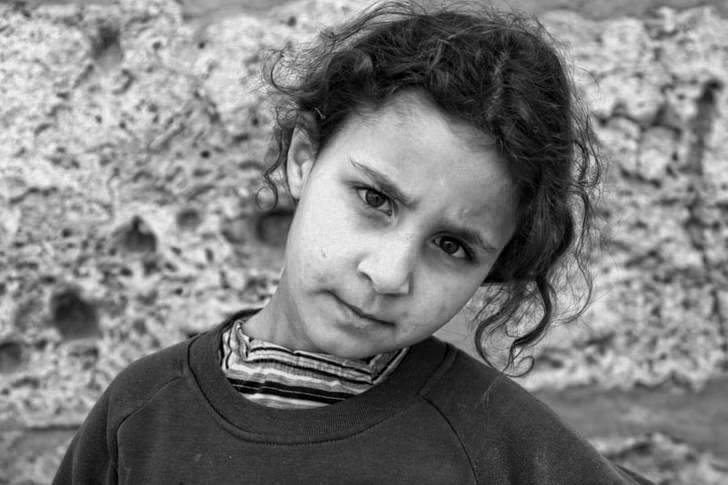
'Imaging Cultural Chauvinism'. Original images and written content © Gary Hill 2017. All rights reserved. Not in public domain. If you wish to use my work for anything other than legal 'fair use' (i.e., non-profit educational or scholarly research or critique purposes) please contact me for permission first.

